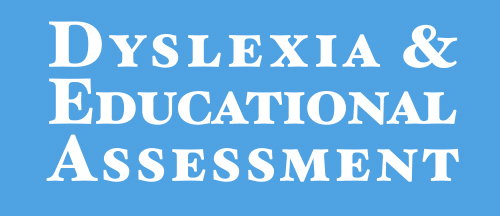Advice
1. Dyslexia?
The following checklists include some general signs of possible dyslexia that have been noted in people with dyslexia. They should be used to help you decide whether or not further investigation might be necessary.
Children 7-11 years
- Does your child have difficulties with reading and spelling?
- Is there anyone else in the family with similar difficulties?
- Any problems with delayed speech?
- Can the child explain things orally but have trouble writing it down?
- Does s/he hold a pencil in an unusual way?
- Does the child sometimes seem forgetful or confuse instructions?
- Confusion between left and right?
- Does the child seem bright in some ways with a ‘block’ in others?
- Are letters, numbers or words reversed e.g. d for b, 71 for 17, saw for was?
- Any problems learning times tables or telling the time?
- Are some words hard to pronounce or does the child seem to forget what s/he wants to say?
- Did the child learn to stand and walk with little or no crawling first?
- Does your child lose his/her place on the line when reading?
Age 12-Adult
- Do you have difficulty with writing and planning letters, essays or reports?
- Do you sometimes miss words out when you are reading or forget what you have just read?
- Do you have trouble taking notes or copying?
- Is your spelling poor?
- Do you sometimes miss out words when you write?
- Do you have difficulty in carrying out 3 instructions in a sequence?
If you have said ‘yes’ to many of the questions it would be wise to seek further advice.
Not all dyslexics show these signs and not all literacy difficulties are caused by dyslexia. Reading and writing difficulties can be affected by other factors e.g. frequent absence from school, undetected hearing or sight problems, inadequate teaching or health problems.
2. Dyscalculia?
The following checklist includes some signs of possible dyscalculia that have been noted. We do not have as much information about this difficulty as we do with dyslexia because it is a comparatively new area for researchers.
People Aged 7 – Adult
- Difficulty with estimating the answer when counting a group of objects.
- Problems with learning abstract concepts of time and direction.
- Finds it hard to learn musical concepts or keep track of scores and players during games such as cards and board games.
- Difficulty learning sequences of numbers e.g. has to go back to the beginning when counting a series of objects, finds ‘counting on’ confusing.
- Continues to use fingers etc to help counting after primary school age.
- Problems with understanding number operations and with remembering formulas for calculations.
- Difficulties with handling money, giving and receiving change.
- Trouble with spatial orientation and direction finding.
Not everybody with dyscalculia will show all of these signs but several ‘yes’ answers suggest that further investigation might be useful.
Not everybody with maths difficulties will have dyscalculia. Some dyslexics find that their difficulties affect their maths work as well. Some people may have received poor maths teaching and then ‘switched off’ in response.

